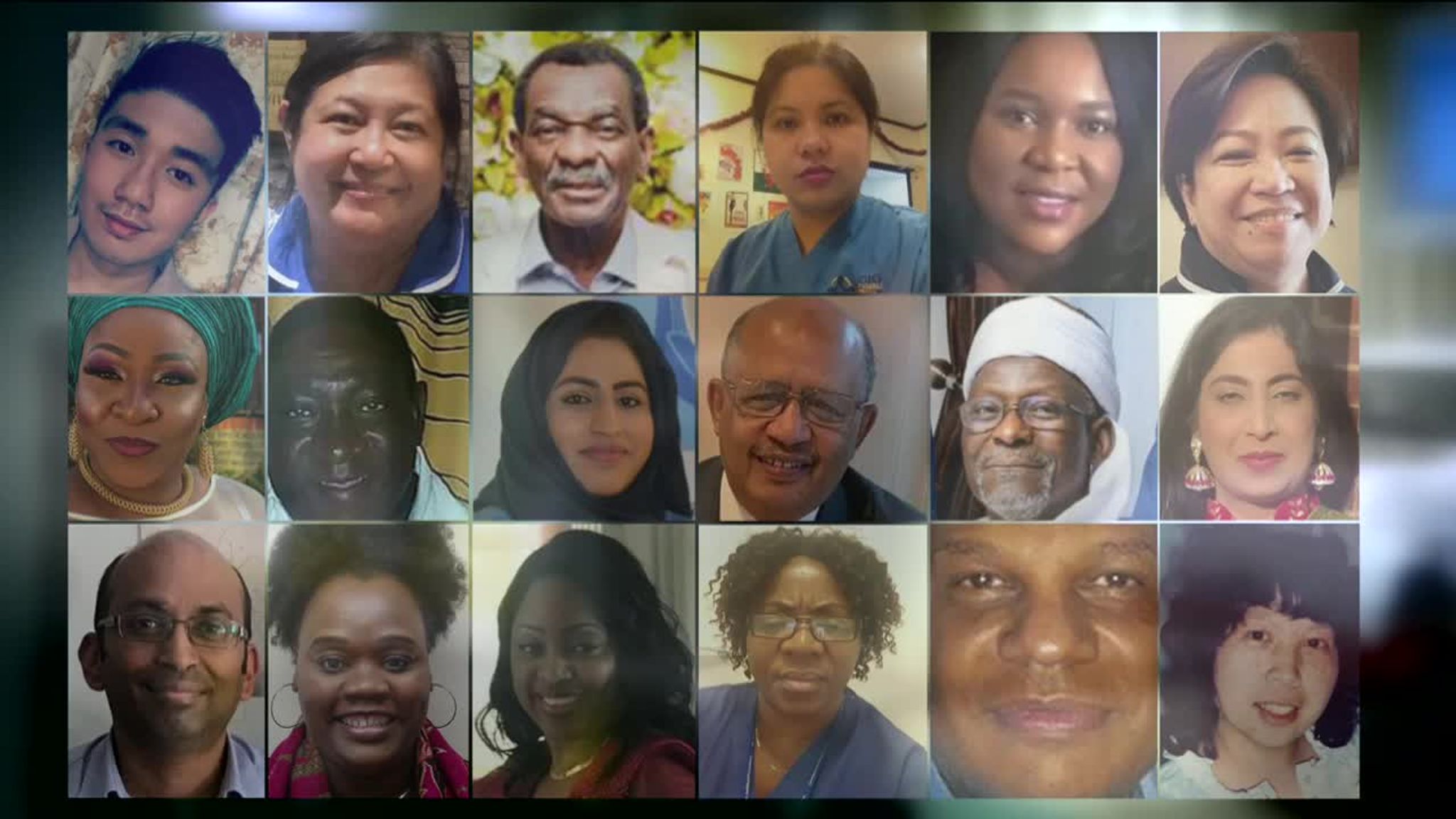RACE AND COVID-19 – ‘A Crisis Within A Crisis’
Emerging Thoughts and Future Actions by Roger Griffith
Coronavirus has devastated the global community, drastically changing our interconnected lives, how we live and work. Many from President Obama to NHS nurses have spoken out. Through my equalises work here I highlight how Black Asian & Minority Ethnic groups (BAME) have been affected and the issues to tackle going forward.
1. Black and Asian people have been disproportionately affected by losing their lives in greater numbers. This also highlights underlying health conditions in BAME communities such as high-blood pressure, obesity, diabetes, in part due to social inequality issues which need to be addressed.
2. Economic disparity and Health issues are related. Years of systematic social inequality have highlighted issues such as poverty and employment which affects underserved communities disproportionately. This has been highlighted by the Runnymede Trust recently
3. Employment Conditions in NHS. There have also been disproportionate rates of deaths within the NHS. There are now two commissions being led by prominent figures, Trevor Phillips (Government) and Dame Doreen Lawrence (Labour. BAME health workers are reporting higher levels of stress from fearing contracting the illness and hearing news of the deaths of their colleagues and community members. Vital answers from these commissions are urgently needed. https://www.gov.uk/government/publications/covid-19-understanding-the-impact-on-bame-communities
4. Lack of Personal Protective Equipment (PPE) There have been reports from BAME social care workers and those working in care homes who have struggled to gain PPE
5. Violent Racism & Xenophobia has been experienced by South Asian communities where Chinese workers have faced abuse. They have also been the victim of pernicious online media campaigns.
6. General Issues relating to Covid -19: Many in the UK are undergoing financial hardship however international students have stated they no longer have finances to send back home to support their families. Concern has also been expressed about the exposure to Covid-19 in prisons, where due to inequalities in the criminal justice system BAME communities are over-represented Technological poverty also hits low-income and rural area groups as well as BAME.
LOOKING FORWARD
7. Data and Monitoring: The crisis has highlighted the value in gathering data. Information from equalities monitoring forms can identify, then quantify issues and help to tackle the disparities. Resources need to follow the data.
8. Employment – Essential Workers – The work of BAME workers in the NHS, Healthcare, transport, food and service workers have been highlighted in the media. Testing for these groups of frontline workers is a major concern as we face new working conditions. We can report and applaud a new level of respect for these essential workers at the bottom of the economic ladder.
9. Information on Public Health and Covid-19: Due to information gaps, language, poor literacy or lack of internet there must be a concern whether the right information is reaching underserved communities. Concerted efforts must be made to sensitively reach these communities through mediums such as community media including Ujima and BCFM. There has been a rise of misinformation circulating in BAME groups on social media. Providing harm minimisation strategies and health promotion campaigns e.g.: ‘Know Your Numbers.’ (blood pressure, blood sugar rates, obesity) will be required. Post Hurricane Katrina in New Orleans, I witnessed information projects to identify, support and train local leaders street by street within the community.
10. Support to community groups. Decimated by a decade of austerity the crisis has re-affirmed the need to strengthen community organisations. Organisations with strong community links such as BSWN, SGREN and SARI have proved vital. Support is needed to BAME elderly groups who are currently suffering bereavement trauma. Key organisations have been Bristol Black Carers, Bristol Ageing Better and Bristol BME Elders Health & Wellbeing Project. Quartet Community Foundation and St Monica’s Trust have made this funding a priority. Faith and advocacy groups have a key role to play in future health education programmes.
11. Covid-19 General Factors where BAME communities are disproportionately affected – Some BAME and Gypsy &Traveller communities have larger families who may live communally. Support and understanding of these groups needs will be required. With new ways of working and living required now more than ever is a chance to engage with BAME communities of their experiences of the environment.
12. Resilience. One thing to report positively is that BAME communities can provide experience in resilience. Imagine arriving in a foreign country with little or nothing, sometimes fleeing trauma yet being able to navigate new languages and customs. Migrants have created family structures against a backdrop of racism, environmental, political and economic challenges. However these communities are not blessed with superpowers. Whilst the UK and the world face the ‘new normal’ only with targeted solutions and resources can we assist these communities to emerge from inequality. This will help these communities to continue to play a key role in our shared new future.
Roger Griffith MBE: Author, Independent Consultant and Lecturer UWE Bristol. With thanks to UWE Bristol, SGREN, SARI, Ujima Radio, Bristol Green Capital for information and interviews.
Published in Bristol 24/7 22nd May 2020 – https://bit.ly/RaceandCovid –

